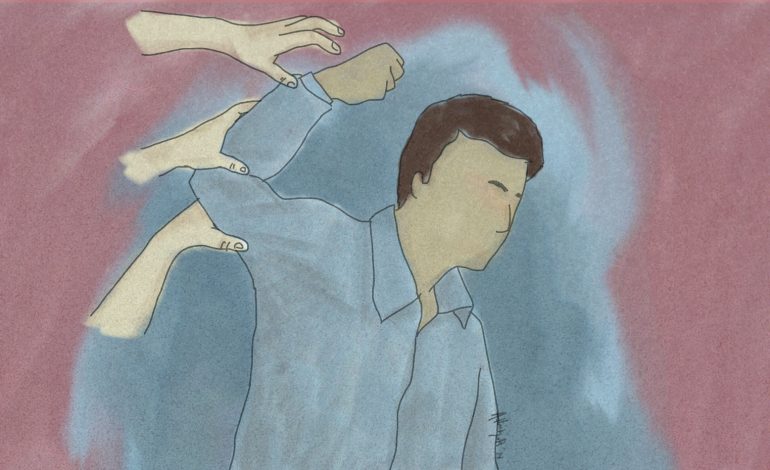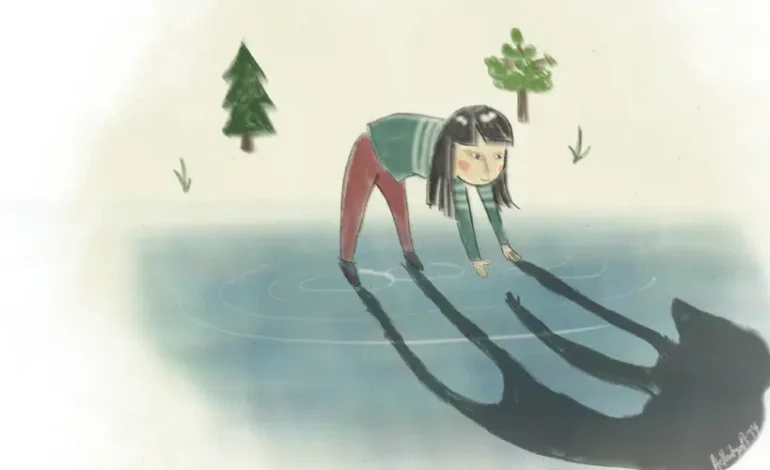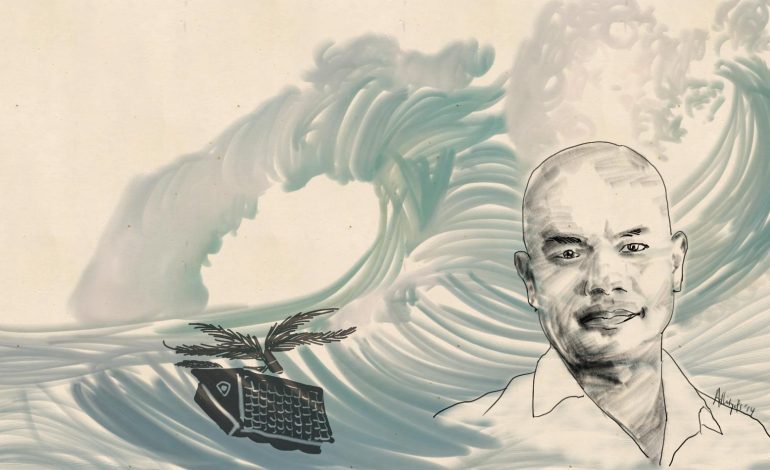Reaching out to “New Men”: A New Fight to Stop Violence

On a recent lazy, cloudy Saturday afternoon in leafy South Jakarta area, three young men in their 20’s got together with several other people to speak of a mission: A strategy to reach out for men to prevent violence against women.
The three of them have been active in the campaign to prevent violence against women with Yayasan Pulih and Aliansi Laki-Laki Baru (New Men’s Alliance), two organizations that work to prevent violence against women and for the recovery of victims of violence against women.
The young facilitators’ main targets are students, whom they talk to from high school to high school, discussing dating violence to break the vicious circle of domestic violence early on.
And the effort has not been easy.
“Man, you know how high school kids can get. It’s hard enough to get their attention. They can’t accept and are unaware that they, as young men, have roles in violence. And it’s scary that they think showing masculinity by perpetrating violence is natural,” said Muhamad ‘Kibot’ Rezeky, who teaches history in a vocational high school.
Aditya Pratama, meanwhile, questioned Jakarta Governor Basuki Tjahaja Purnama’s decision to dismiss high school gangs, saying that gang members would easily form new groups.
“Dismissing gangs is not a priority, what we need to do is reduce aggressiveness. It is not impossible to change people. I believe violence is learned, it’s not innate,” he said.
Muhammad Fauzan agreed that it was possible to change men, a Herculean task in a conservative society where patriarchy is deeply entrenched – he was once a perpetrator of violence, too.
“I lived in a densely populated area. I’ve seen men in my family perpetrating violence, I did it myself, both to men and women. I was involved in school brawls, showing off my masculinity with violence,” he said.
The real turning point came when he met The One and got married.
“I don’t want my family to be victims of violence. I don’t want my children to perpetrate violence, because if men commit violence, they usually pass the baton to their children, who would and do the same,” he said.
The discussion like this is regularly held by Aliansi Laki-Laki Baru (New Men’s Alliance) or ALB to share lessons learned and best practices in getting more men involved in the campaign to prevent violence against women.
Formed in 2009, ALB is inspired by White Ribbon Campaign (WRC), a movement initiated in Canada, involving men wearing white ribbon to signify opposition to violence against women.
“A number of men who work at several NGOs on women felt anxious because women’s issues seem to leave men behind. Women’s movement focuses on women’s empowerment, but the problem is beyond them, the problem is in men,” said ALB national coordinator, Syaldi Sahude.
Another driving factor was a research from NGO Rifka Annisa in 2007 that showed 80 percent of victims of domestic violence returned to their partners who commit the violence.
“Several women organizations, such as Jurnal Perempuan, Rifka Annisa and Kalyanamitra have activities to engage men in the campaign, so there are actually men who walk the talk. But the level of involvement is still low,” he said.
The term ‘New Men’ was chosen to offer a new paradigm to society, to challenge the idea of masculinity seen as narrow and destructive. Various researches indicate the perception of manhood or masculinity has contributed to violent behavior, including the use of violence against women as a way to assert their manhood.
“Men are brought up to be powerful and strong, and many of them feel they can’t live up to the expectation, leading them to resort to violence against women. Suicide case is far higher in men as well,” said Syaldi.
But when ALB was established, many people were skeptical and some were wary that it would give men new privilege.
“That’s why we established it as an alliance, not an organization. It is to prevent the perception that men wanted to take over women’s movement,” said Shera Pringgodigdo, also from ALB.
ALB focuses on campaign and capacity building, training young people about gender and sexuality, reviewing issues of masculinity, and working with communities and religious leaders on these issues.
In November, ALB and other organizations invited Michael Kaufman, human rights activist and an initiator of the White Ribbon Campaign, to give lecture on the issue.
As reflected in the weekend forum with the young facilitators, ALB is still looking for the best strategy to reach out to men in violence case. A participant from West Nusa Tenggara said back home and in the neighboring province of East Nusa Tenggara, they use religious approach, having religious leaders to talk about the issue and to shed misogynistic religious interpretation.
Another participant said pop culture works, as people, especially young ones are more responsive and reflective when they see movies with related theme.
“It also works when we use personal approach, making it their personal issue. Like, what about the children? What if you have a wife, daughters who are victims of violence?” said Syaldi.
“We also have to speak their language, calling them ‘bro’, for example.”
A gay participant admitted that he had to act straight and all macho when campaigning for the issue because men didn’t bother to hear him when he appeared effeminate.
“It’s a challenge as well, how to make people accept sexual diversity,” Syaldi said.
“We have to use positive approach, instead of offensive. Don’t treat men as problem but as human and part of the solution. The change may not be revolutionary, but it can be done. It can be practiced at home, with the closest people.”
Read Hera’s interview with an Islamic scholar who champions pluralism and gender equality.






















